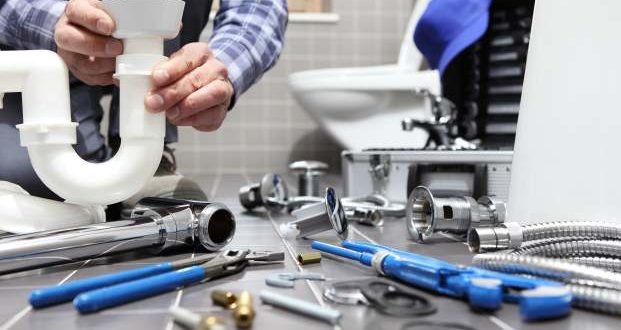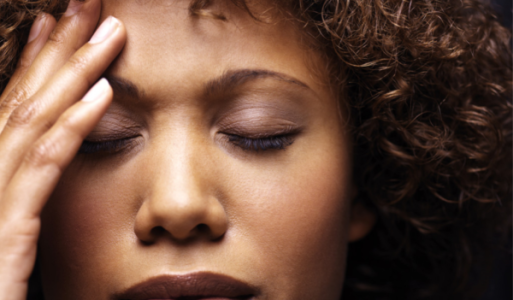Male Hormones 101: What’s In A Male?
Male hormones act as tiny workers inside a man’s body. They maintain and dictate a man’s physical characteristics, behavior, reproduction, development and other bodily functions. Hormones may be small, but their effect on a man’s life is massive.
What’s in a male? Get to know the small but terrible hormones that make up a man.
What Are The Major Hormones In Men?
The testosterone is the most common male hormone known by many. However, there are five major reproductive hormones a man produces which include:
-
Gonadotropin-Releasing Hormone or GnRH
- Referred to as the “master” hormone
- A tropic hormone released by the hypothalamus
- Stimulates the release of two other male hormones – LH and FSH
- Controls the production of sperm
- Manages testosterone levels
-
Follicle-Stimulating Hormone or FSH
- Released by the anterior pituitary gland
- Released in response to the anterior pituitary stimulation by the GnRH
- Stimulates sperm production
- Promotes testosterone production in the testes
- Stimulates Sertoli cells that trigger spermatogenesis (sperm cell development)d
-
Luteinizing Hormone
- Referred to as the interstitial cell stimulating hormone or ICSH
- Released by the anterior pituitary gland
- Prompts the production of testosterone by the testes’ interstitial cells
- Stimulates Leydig cells for testosterone production
- Promotes testosterone release from the testes
-
Inhibin
- Produced by the testes’ Sertoli cells
- Monitors the health and maturation of the sperm
- Release by the testes during high sperm levels
- Regulates sperm production
- Maintains the constant concentration of male hormones
-
Testosterone
- Termed as the principal male sex hormone
- Produced by the male testicles
- Promotes the development of the sexual characteristics in males
- Aids in stimulating spermatogenesis with the help of the FSH
- Promotes healthy development of male sexual organs
- Maintains sexual drive or libido in men
Male hormone imbalances can lead to different undesirable symptoms and may increase the risks for certain illnesses.
What Is Male Hormone Imbalance?
Male hormone imbalance is experienced when an overproduction or underproduction of one or more male hormones happens.
As compared to women who experience monthly cyclic hormone fluctuations, men’s hormone levels remain constant the whole time of their reproductive years.
However, male hormones may experience decline and imbalance due to different factors, such as:
- Poor diet and nutrition
- Inactive or sedentary lifestyle
- Stress
- Aging
- Andropause
- Other health conditions:
- Human growth hormone deficiency
- Hypothyroidism or low thyroid levels
- DHEA deficiency
- Adrenal fatigue
- Vitamin D deficiency
- Exposure to hormone disruptors
Male hormone imbalance and hormone decline naturally occurs as men age. Along with this, undesirable signs and symptoms may be experienced. These include:
- Erectile dysfunction
- Low sex drive or libido
- Low energy levels
- Night sweats in men
- Hot flashes
- Anxiety
- Low sperm production
- Loss of focus and concentration
- Depression
- Prostate enlargement and inflammation
- Heart disease
- Gynecomastia or male breasts
- Osteoporosis
- Sleeping disorders
- Hysteria
- Low blood sugar
- Urinary problems
- Increased risk of health problems, such as:
- Heart disease
- Diabetes
- Obesity
- High blood pressure
- High cholesterol levels
- And much more.
The most common hormone imbalance that men experience is andropause. It happens when a man’s testosterone levels decline with age.
What is Andropause?
Andropause is also referred to as “male menopause” or “MANopause”. It results from a gradual decline in a man’s testosterone levels.
Male hormone imbalance like andropause is a common occurrence in aging men.
However, this hormone condition along with its symptoms can be relieved, treated, and restored.
The US Census Bureau states that almost 4 to 5 million men suffer from symptoms of low testosterone, but only 5 to 10% seek treatment or medication.
How Can A Man Achieve And Maintain Hormone Balance?
Although hormone imbalance and hormone decline are inevitable stages a man has to experience, there is hope. With natural bioidentical hormone replacement therapy, male hormone levels are restored to their optimal levels.
It eliminates all symptoms of male hormone imbalance and the health risks linked to it.
When a natural hormone replacement therapy program is performed along with a healthy lifestyle, men will regain their youthful vigor and optimal health.
Get to know the hormones inside you and experience life at its best!
If you have moobs and they aren’t caused by hormone imbalance suggest reading,”What Can I Do About My Man Boobs?“





